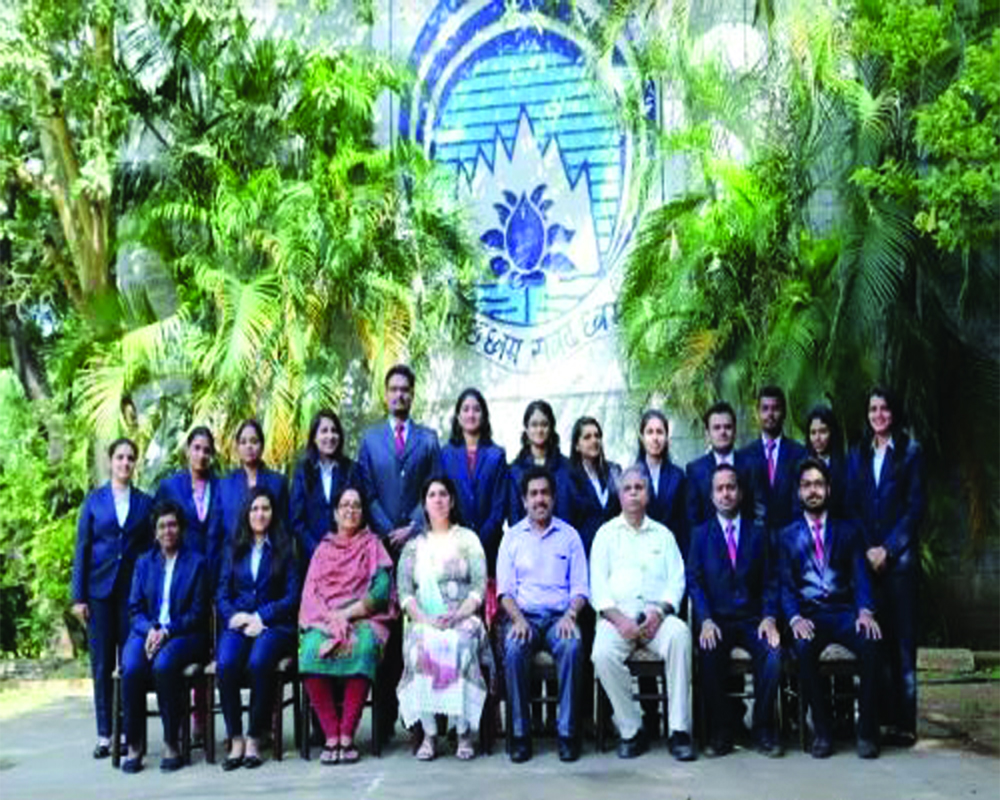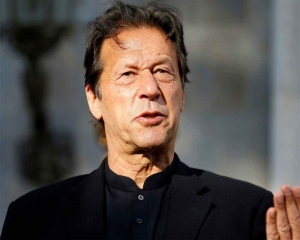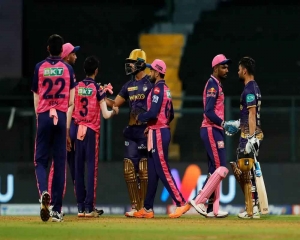The Govt should begin by replacing those who are in non-bureaucratic assignments, with people of appropriate professional qualifications
The first step the Governments, both the Centre and States, can take to relieve the shortage of IAS and other senior bureaucrats is obvious. They should forthwith begin by replacing those, who are in non-bureaucratic assignments, with appropriate professional qualifications as well as experience. For example, there would be any number of IAS officers heading public sector projects, particularly in States. They have no business managing business or industries when they applied for and were appointed for governmental administrative work.
When Sardar Patel thought of replacing the Indian Civil Service and the Imperial Police with the IAS and IPS, he had only administration and policing in mind. Business or industrial management was farthest from his mind. Having been a lawyer in Ahmedabad, he understood enough to realise that to do business and managing industries are a different kettle of fish from administering a sub-division, district or division. By the time in the 1950s, the public sector was founded and began growing; he was no more on the scene. He had passed away in December 1950.
I have professionally grown up in business and/or industry and not at all in Government service. But through observation, I have realised the difference early enough. That the Government has confused the two hit me when I went on a course in 1972 to the Administrative Staff College in Hyderabad. The institution was coaching working business executives in commercial subjects only. Yet the college was called ‘Administrative’. Why? Merely because there was a widespread impression that the two subject areas were the same, or at least similar. Even prominent universities and prestigious business management schools call their courses “business administration”. Graduates came out as Bachelors of Business Administration or later, as MBAs. I do blame the Government; if academicians can err, so can the Governments.
Management Science began as a result of the German army headquarters starting to analyse certain aspects of deploying troops and weapons during World War I. For example, they discovered that for each of their soldiers fighting on the front, they had four persons supporting, supplying or nursing him. On the other hand, the corresponding figures for the British army were 1:10; which meant that it cost about two and a half times per fighting soldier more than the German trooper.
The point I am trying to emphasise is that administration and management are separate subjects, demanding different training and skills. At certain points they do need similar treatment. As a possible example, physics and mathematics may crisscross. But at the end of the day, they are distinct and different challenges. Administration requires, first of all, a socioeconomic understanding of the area under the administrator being dealt with. The officer must be impartial at all times, following the ‘hot stove’ principle with the people he administers. He should know elementary law, both civil and criminal. He has to be very careful to keep away from making mistakes while taking decisions because a mistake becomes a precedent.
A business-cum-industrial manager should be aware of these virtues but there are others that are more important for being successful in the conduct of his work. He has to be ideally a quick decision maker and a judge of individuals whom he deals with. He also has to be more often positive and certainly less negative than the administrator who first analyses why a certain decision should not be taken. If a manager resorts to such a habit, he may find he has little business to do!
India would have earned money through its PSUs or none at all; hopefully some units might have made profits. What should now be done?
Before answering this question, let us be clear that the country has millions of traders but comparatively few industrialists. It would be difficult to develop the economy rapidly with what we have. When I say industrialists, I mean men and women with capital enough and more importantly also business integrity. One way or the other, the Government will have to participate when it comes to large investments. But before the State again plunges into business activity, the administrator/capital conflict must be resolved.
Today, a 24-year-old IAS officer walks into an office as sub-divisional magistrate and is no less than a chief executive (CEO) of a company. From the word go, he has 200 people working under him. He is virtually a modern-day maharaja whose word is the law of the local land. When we consider the fact that this new appointee’s only qualification to preside over the fate of multi-billion rupee enterprises is successfully clearing an IAS entrance examination, we can understand the real problem.
The State must not directly invest its money, but advance funds to its financial institutions like insurance and banking. They, in turn, can consider proposals as the IPOs come up, whether by Indian or foreign entrepreneurs. Let these corporations appoint their own managers, directors et al. The institutions may be represented on the Board of Directors and attend meetings as they are held. No administrator should be in charge of any corporation hitherto; most of them are wedded to procedure and not to profit.
(The writer is a well-known columnist, an author and a former member of the Rajya Sabha. The views expressed are personal.)


























